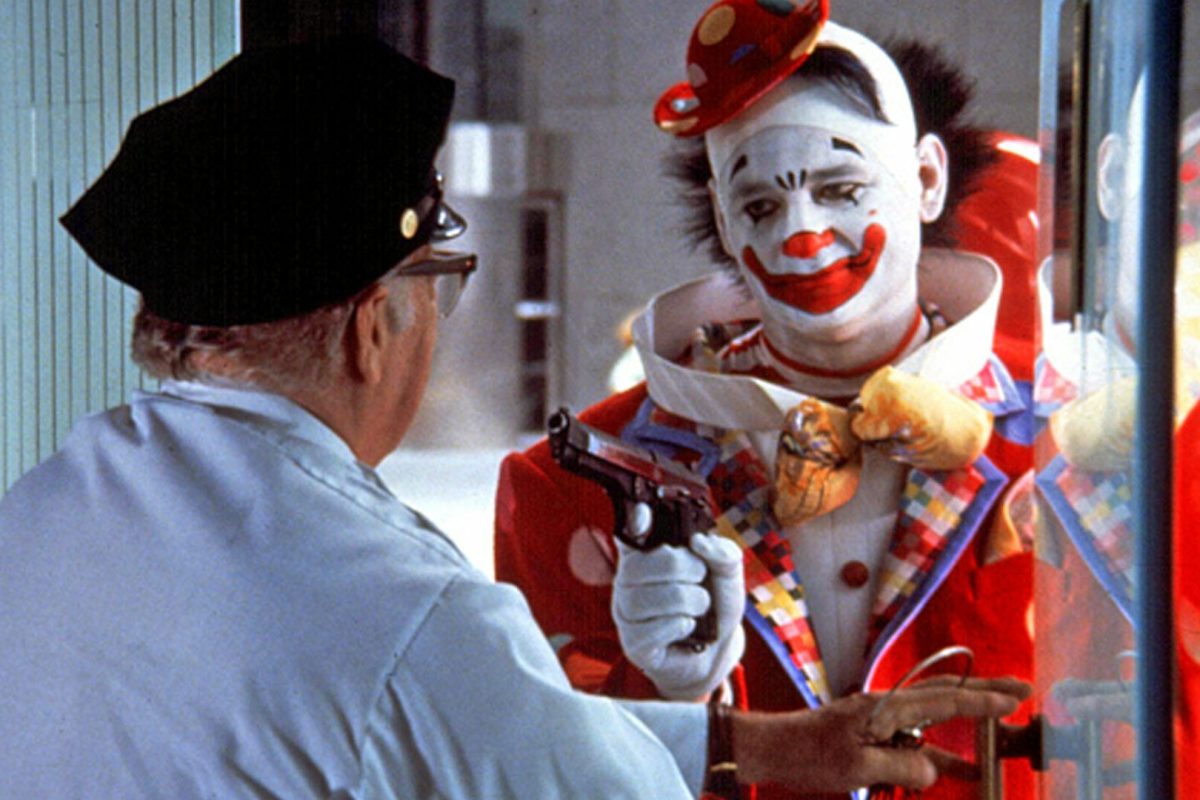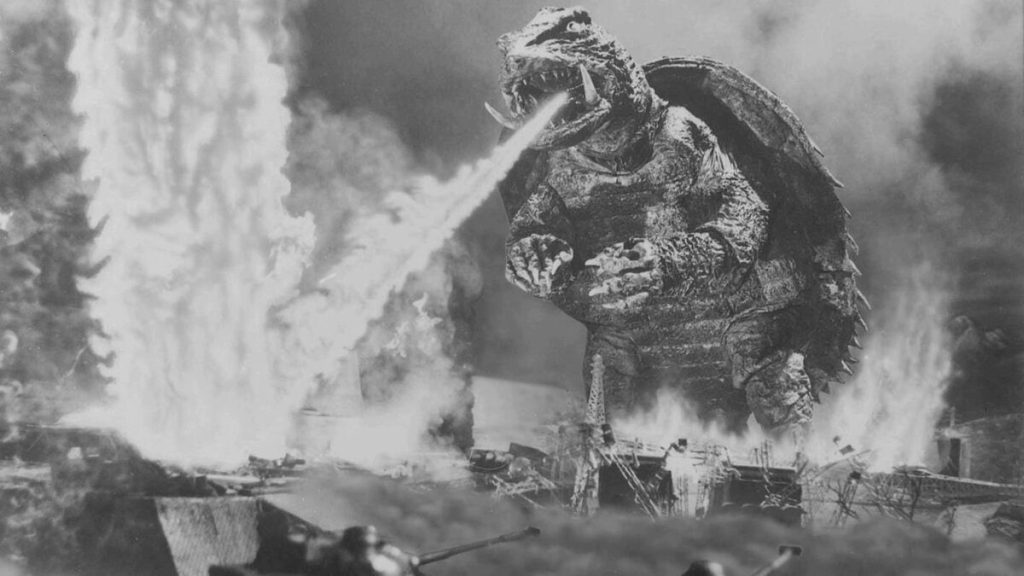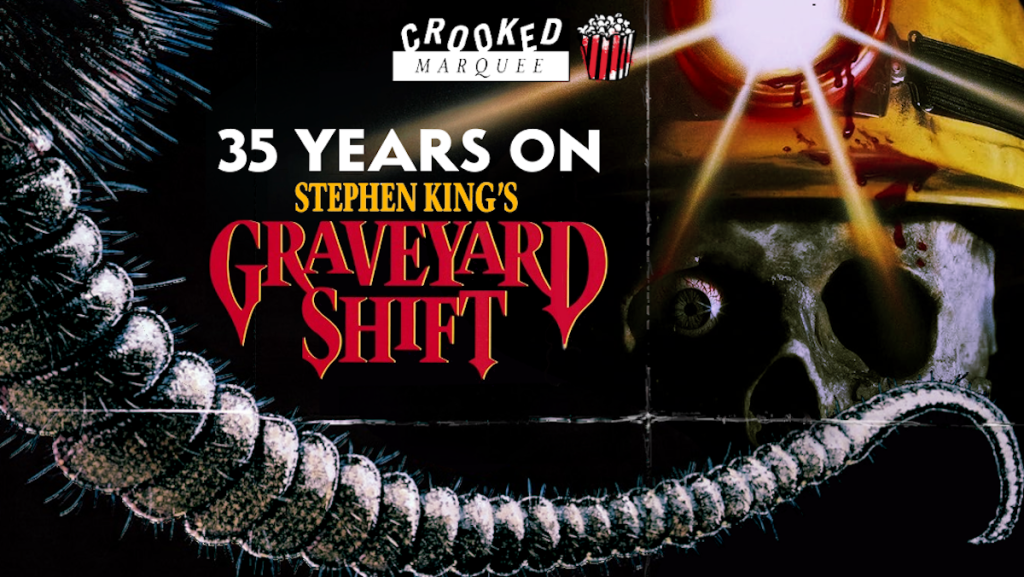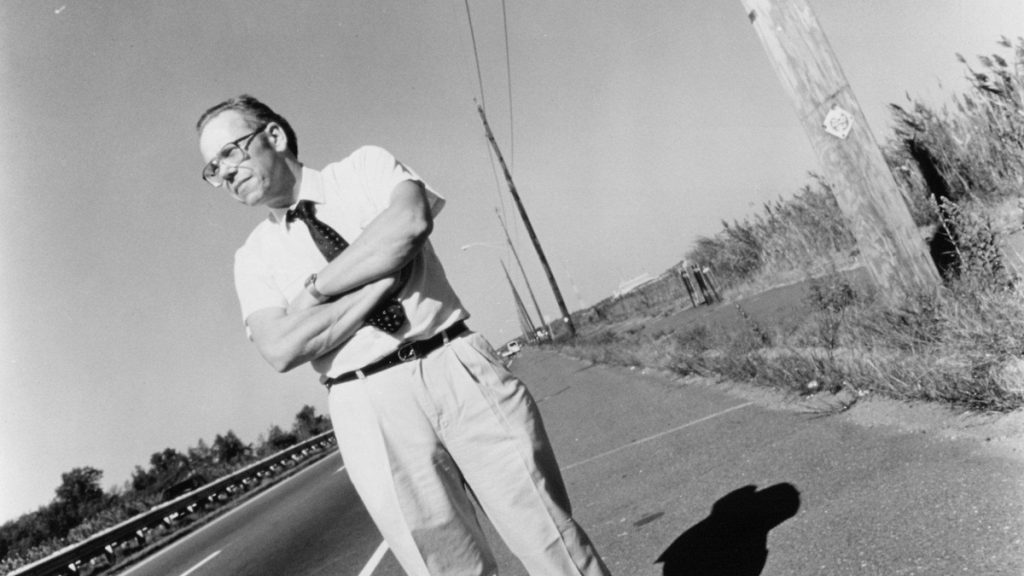“God, I hate this town,” says bank robber Grimm (Bill Murray) as he and his accomplices Phyllis (Geena Davis) and Loomis (Randy Quaid) attempt to make a hasty exit from New York City in Quick Change, released 35 years ago this week. But the film directed by Murray and Howard Franklin loves New York for the exact reasons that Grimm hates it: The city is full of loud, stubborn people with conflicting agendas who don’t let anything or anyone get in their way. It’s an ever-changing obstacle course for people like Grimm and his associates, and every setback they face takes them on another strange, fascinating, only-in-NYC detour.
It’s no surprise that Murray and Franklin (who wrote the screenplay based on Jay Cronley’s novel) originally wanted Jonathan Demme to direct the movie; Quick Change has a lot in common with films like Demme’s Something Wild in its depiction of hapless characters on a seemingly inescapable underworld odyssey. There are also echoes of Martin Scorsese’s After Hours, but Quick Change is never as dark as either of those films.
The cartoonish urban dangers are closer to something like Adventures in Babysitting, which similarly puts its characters in tough situations that are never as risky as they first appear. Even at its most chaotic, Quick Change is exuberant and affable, like a New York City cab driver smiling while flipping you off. That doesn’t make it less authentic, just less vicious.
From the beginning, Quick Change is mired in the contradictions of New York. The opening shot looks like a lovely view of the Manhattan skyline via Central Park, only for the camera to pull back and reveal that it’s an advertisement on a subway car full of morose commuters. That includes Grimm, dressed as a clown in preparation for his elaborate heist plan. He pushes past fellow subway patrons and trudges up the stairs like just another schlub headed to work.
That’s essentially what he’s doing, pulling off a daring robbery so that he and his girlfriend Phyllis and best friend Loomis can get out of New York and start better lives somewhere else. The heist is only the opening act of Quick Change, but Murray and Franklin give it enough space to showcase Grimm’s clever plan and to illustrate the mix of ghoulishness and opportunism in New Yorkers’ reaction to the spectacle.
The jaded bank customers barely pay attention when Grimm brandishes a gun and tells them they’re being robbed, only acknowledging his presence after he fires off a few shots. The elderly security guard (Bob Elliott) obligingly hands his gun over to Grimm before they even get in the door, then tells increasingly tall tales of his heroism to the cops after the crisis is over. Outside, hot dog vendors rush to join the crowds surrounding the bank so they can peddle their wares. Grimm, Phyllis, and Loomis get away by relying on the chaos and indifference of the NYPD’s response.
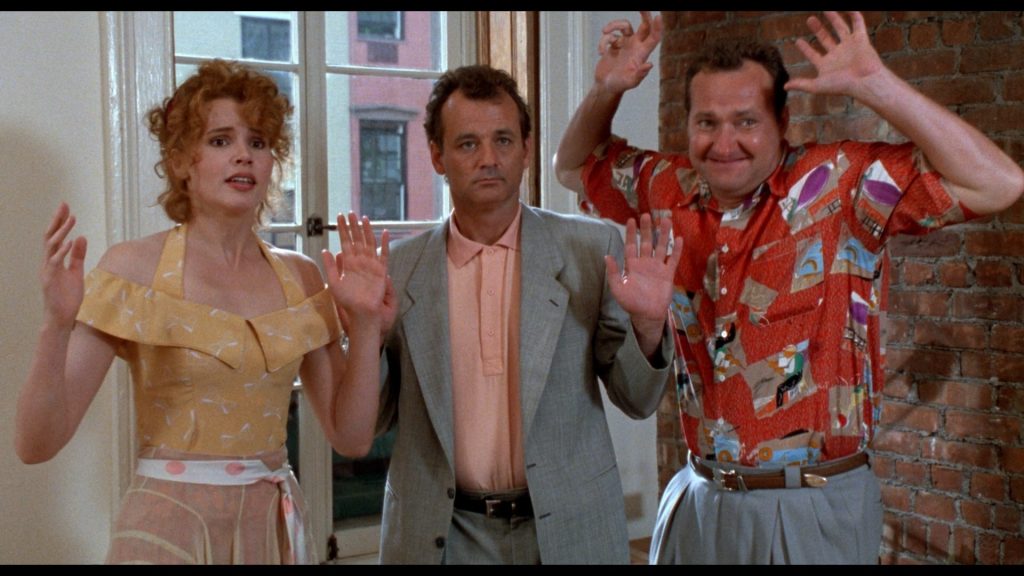
Police chief Walt Rotzinger (Jason Robards) is just as sick of New York City as Grimm is, and his investigation has a sense of weary obligation, carried out primarily for public-image purposes. When he tells one of his subordinates, “All we’ve got going for us is the city,” he doesn’t mean that New Yorkers will all come together to help catch the criminals. He means that the robbers will be forced to deal with the same absurd frustrations that every resident faces every day.
Those frustrations range from misplaced road signs and unexpected fire-engine interruptions to accidental confrontations with organized crime. The mobsters prove easier to handle than the fastidious bus driver who won’t let the trio board without exact change, even when they offer him $100 more than the fare. These are all equal threats to the successful getaway that will take the characters to a new life on a tropical island with $1 million in their pockets.
Although tensions eventually arise within the group, Quick Change isn’t about criminals turning on each other when plans go awry. Murray and Franklin give the audience just enough backstory to understand the relationships, and they shy away from big dramatic moments. That gives the movie a laid-back, low-stakes feel despite the life-or-death situations, and it makes sense that Murray would approach directing with the same deadpan style as his acting.
Grimm is sarcastic and cynical, but it’s a cynicism born from crushed idealism, which emerges in unexpected moments. Before turning to robbery, Grimm worked in city planning, and both he and Rotzinger bemoan the destruction of classic buildings in favor of modern luxury monstrosities. If they weren’t on opposite sides of a criminal investigation, they’d probably have a lot to talk about.
Davis needs only a quick change of facial expression to convey Phyllis’ alternating exasperation and enthusiasm, while Quaid goes the opposite route as the anxious, emotionally fragile Loomis. They provide a perfect comedic balance for Murray and Franklin’s dry, slightly surreal humor, but audiences didn’t respond to Quick Change’s offbeat sensibility when it was first released.
The movie was a box-office failure, and Murray has never directed again (although he subsequently worked with Franklin on the less satisfying comedies Larger Than Life and The Man Who Knew Too Little). Like Grimm, he executed an ingenious plan, only to be stymied by the aftermath.
“Quick Change” is streaming on Kanopy and Plex.
